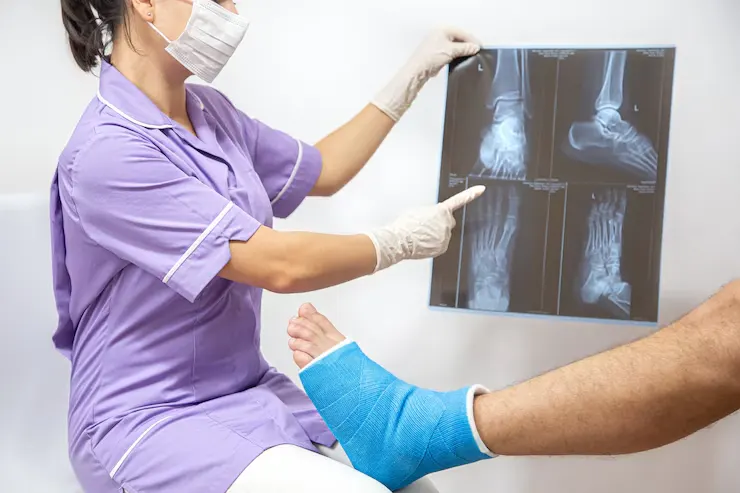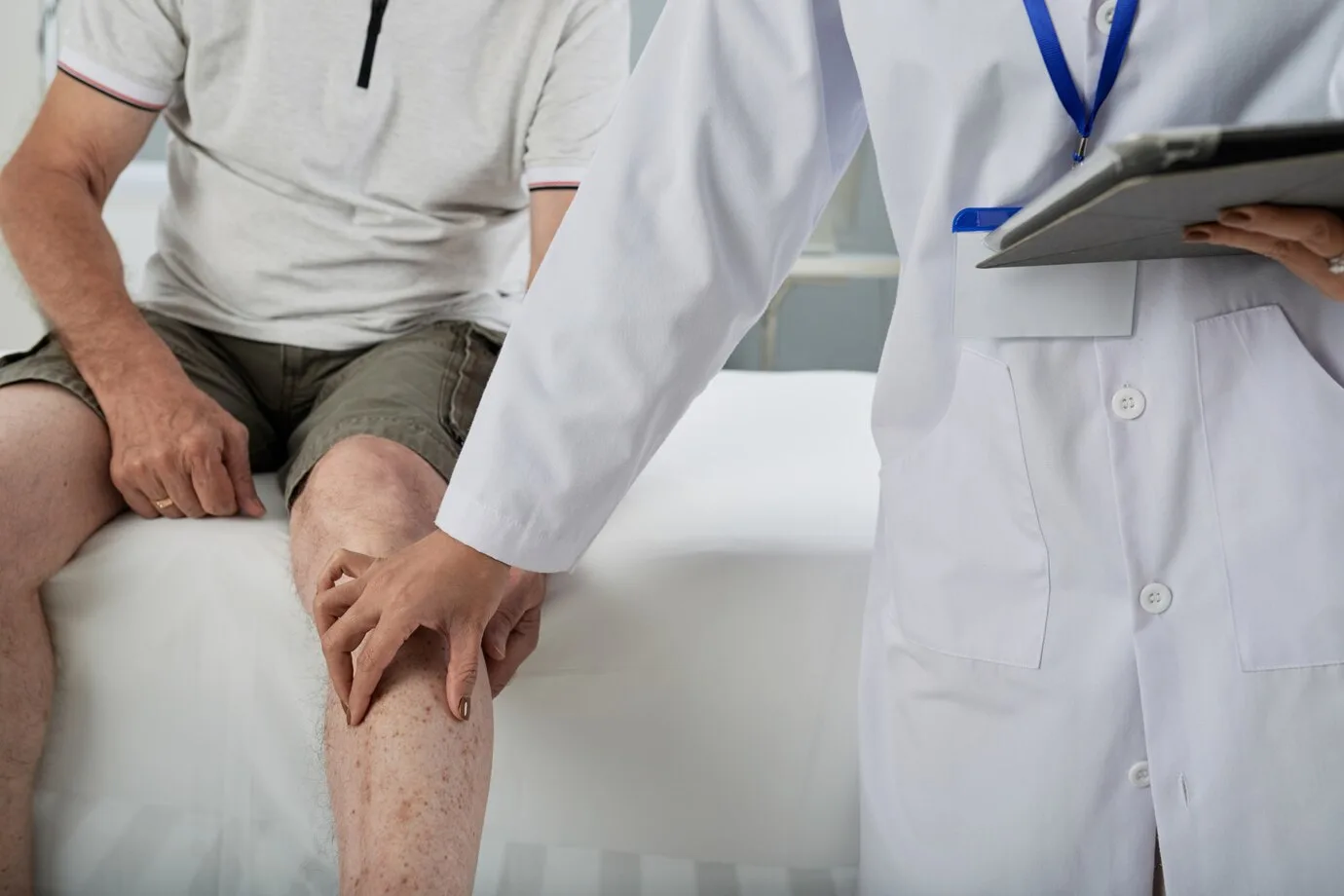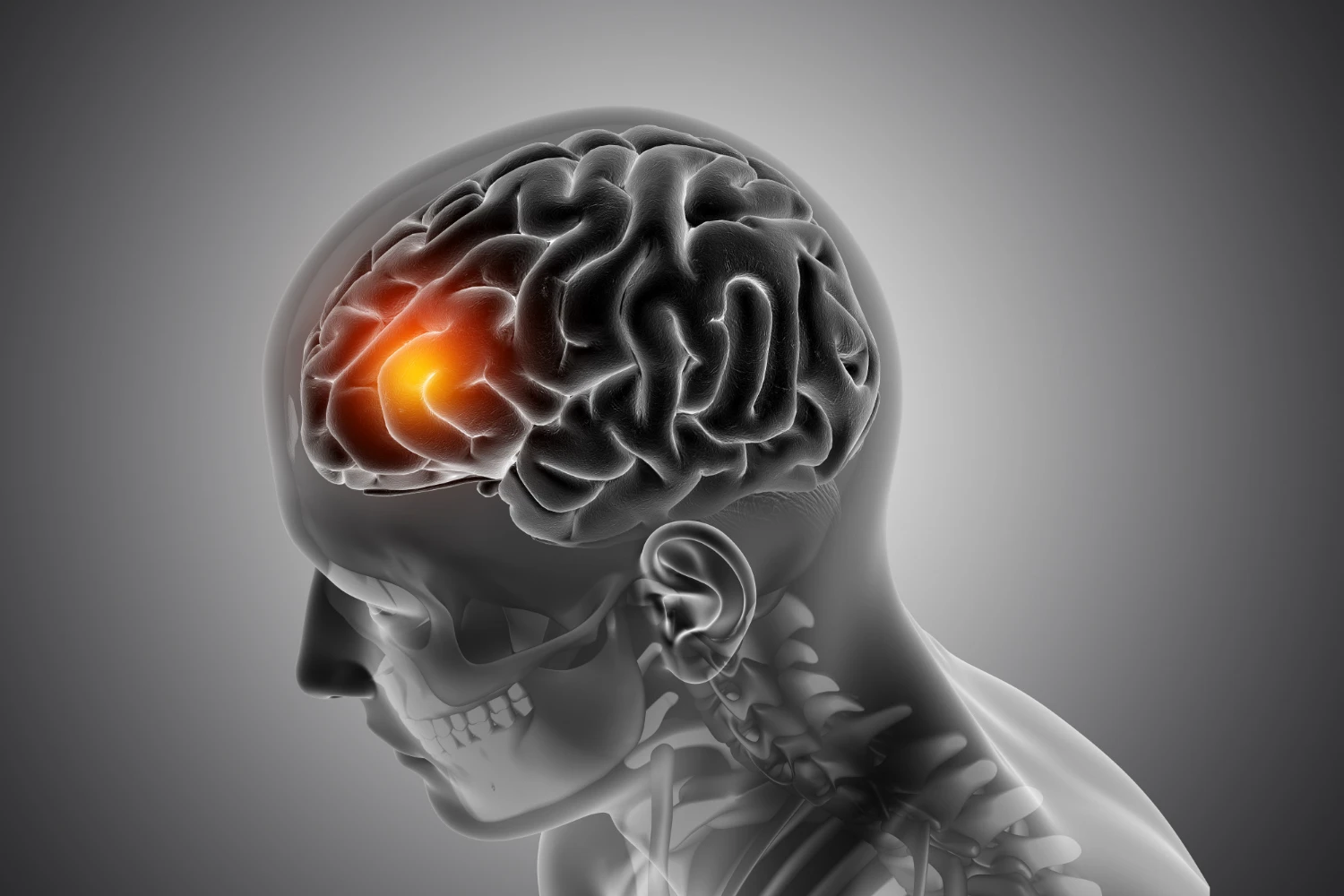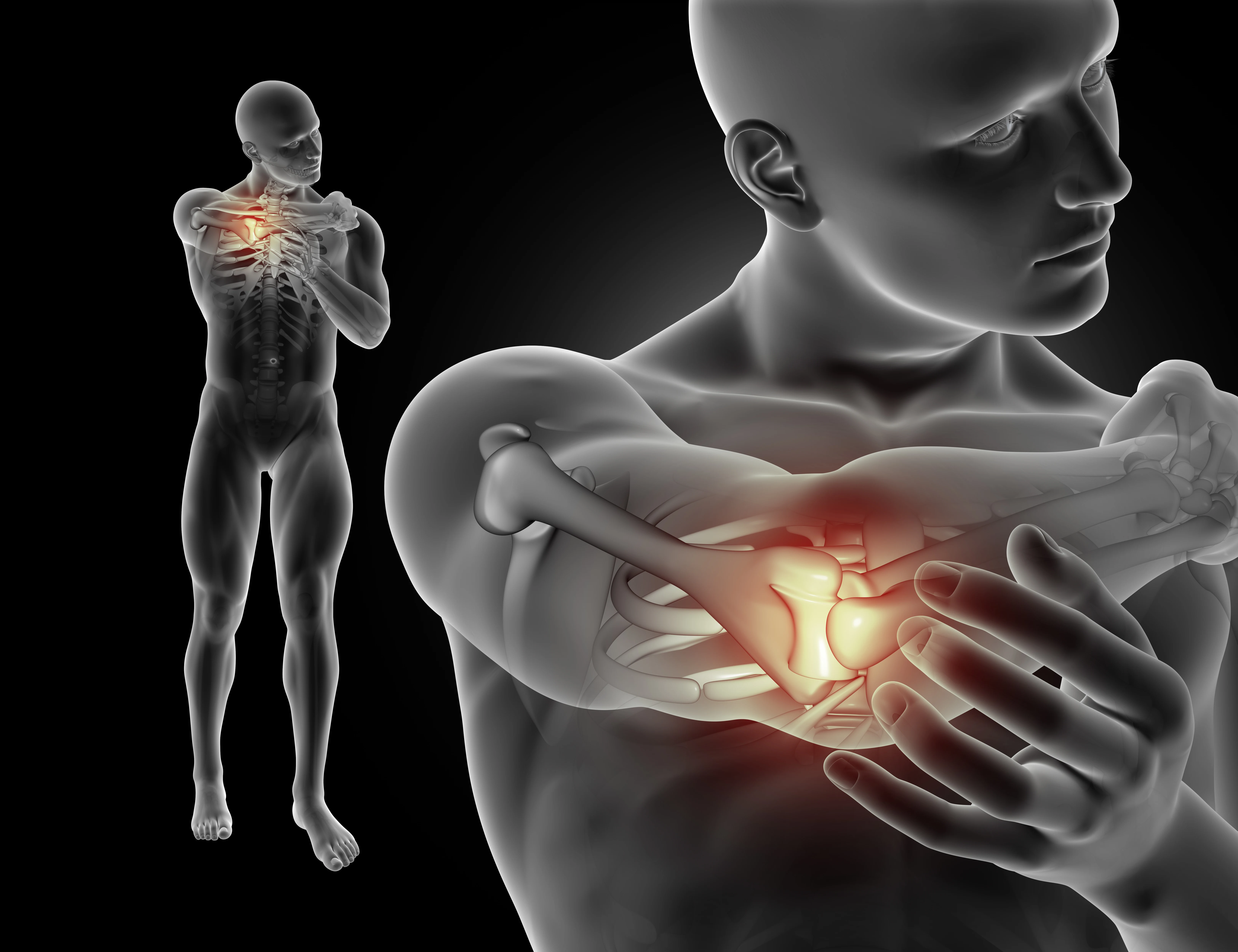Bone Fractures: Types, Healing Time, And Treatment
Category: Blogs
Bone fractures are among the most frequent injuries people encounter, affecting individuals of all ages and lifestyles. Whether caused by accidents, repetitive stress, or underlying health conditions like osteoporosis, fractures demand proper care to ensure a full recovery. Understanding the various types of fractures, how they heal, and the available treatment options can help individuals take informed steps toward healing and rehabilitation.
Types Of Bone Fractures
- Closed (Simple) Fracture: The bone breaks without piercing the skin.
- Open (Compound) Fracture: The bone breaks and punctures the skin, increasing infection risk.
- Stable Fracture: The broken bone ends are aligned and barely displaced.
- Transverse Fracture: A horizontal break across the bone.
- Oblique Fracture: A slanted break caused by a sharp, angled force.Comminuted Fracture: The
- bone shatters into three or more pieces, typically due to high-impact trauma.
- Greenstick Fracture: The bone bends and cracks on one side, common in children with softer bones.
- Stress Fracture: Tiny cracks caused by repetitive stress or overuse, often seen in athletes.
- Compression Fracture: The bone collapses, often affecting the spine, and is common in people with osteoporosis.
- Pathologic Fracture: Caused by weakened bones due to conditions like cancer or osteoporosis.
Symptoms Of A Bone Fracture
The symptoms of a bone fracture vary depending on its location and severity but commonly include:
- Severe pain at the injury site.
- Swelling and bruising.
- Deformity or abnormal alignment of the affected area.
- Inability to move or bear weight on the injured limb.
- A grinding or snapping sound during the injury.
- Visible protrusion of bone in the case of open fractures.
Healing Time For Bone Fractures
The time it takes for a bone to heal depends on factors like the type of fracture, the patient’s age, and overall health.
- Children: Heal faster due to better blood supply; typically, 4–6 weeks for minor fractures.
- Adults: Healing can take 6–8 weeks for simple fractures and up to several months for severe injuries.
- Elderly: Healing may take longer due to slower metabolism and weaker bones.
Bone healing occurs in three stages:
- Inflammatory Phase: The first few days post-injury, characterized by swelling and the formation of a blood clot.
- Repair Phase: Over several weeks, a soft callus forms around the break, eventually hardening into bone.
- Remodeling Phase: The bone reshapes itself over months to restore strength and structure.
Treatment For Bone Fractures
The treatment for a bone fracture depends on its type and severity. Here are the most common approaches:
1. Immobilization
- Casts and Splints: Used to immobilize the bone and allow natural healing.
- Braces: Offer limited movement to aid recovery in less severe fractures.
2. Reduction
- Closed Reduction: Non-surgical realignment of the bone.
- Open Reduction: Surgical intervention to align the bone, often involving metal plates, screws, or rods.
3. Surgery
Severe fractures may require surgery for proper alignment and stabilization. Common surgical procedures include:
- Internal fixation (plates and screws).
- External fixation (metal frames outside the body).
- Bone grafting for extensive damage.
4. Pain Management
Medications like acetaminophen, NSAIDs, or opioids are prescribed to manage pain.
5. Rehabilitation
Physical therapy begins after the immobilization phase to restore strength, mobility, and function.
Factors Affecting Bone Healing
- Age: Younger individuals heal faster.
- Nutrition: Adequate intake of calcium, vitamin D, and protein is essential for bone repair.
- Smoking: Delays healing by reducing blood flow to the bone.
- Medical Conditions: Diseases like diabetes or osteoporosis can impede recovery.
- Activity Level: Excessive movement or weight-bearing can disrupt the healing process.
Complications Of Bone Fractures
While most fractures heal without issues, complications can arise in some cases:
- Delayed Healing: Slow bone regeneration, requiring additional treatment.
- Nonunion: Failure of the bone to heal completely.
- Infection: Particularly common in open fractures or surgical cases.
- Nerve or Blood Vessel Damage: Can occur if the fracture impacts surrounding tissues.
- Compartment Syndrome: A painful condition caused by pressure buildup in muscles near the fracture.
Preventing Bone Fractures
- Strengthen Bones: Include calcium-rich foods and vitamin D in your diet.
- Exercise Regularly: Weight-bearing activities like walking and resistance training improve bone density.
- Prevent Falls: Use handrails, wear non-slip footwear, and ensure adequate lighting at home.
- Avoid Smoking and Excessive Alcohol: Both weaken bones over time.
- Treat Underlying Conditions: Manage diseases like osteoporosis or diabetes that can increase fracture risk.
Why Choose Lokmanya Hospital For Fracture Care?
Lokmanya Hospital is a trusted leader in fracture management and orthopedic care. With advanced diagnostic tools and state-of-the-art imaging, we ensure accurate fracture assessments. Our expert team of skilled orthopedic surgeons handles complex cases, offering comprehensive care from emergency stabilization to rehabilitation. Utilizing cutting-edge technology and minimally invasive surgical options, we enable faster recovery. Our patient-centered approach ensures individualized treatment plans for optimal outcomes.
Conclusion
Bone fractures, while common, require timely and appropriate care to ensure full recovery. From understanding the types of fractures to exploring treatment options and preventive strategies, being informed can make all the difference in managing this injury effectively. If you’ve sustained a fracture or suspect one, consult a specialist at Lokmanya Hospital for expert guidance and comprehensive care.
FAQs
1. How do I know if I’ve fractured a bone?
If you experience severe pain, swelling, or deformity after an injury, seek immediate medical attention.
2. Can fractures heal without a cast?
Some minor fractures can heal with splints or braces, but immobilization is crucial for proper recovery.
3. Is surgery always required for fractures?
No, surgery is reserved for severe or complex fractures that cannot be managed with a cast or splint.
4. Can I speed up fracture healing?
While you can’t rush the process, proper nutrition, rest, and avoiding smoking can support optimal healing.
5. How soon can I resume physical activity?
This depends on the type and severity of the fracture. Consult your doctor for personalized advice.







